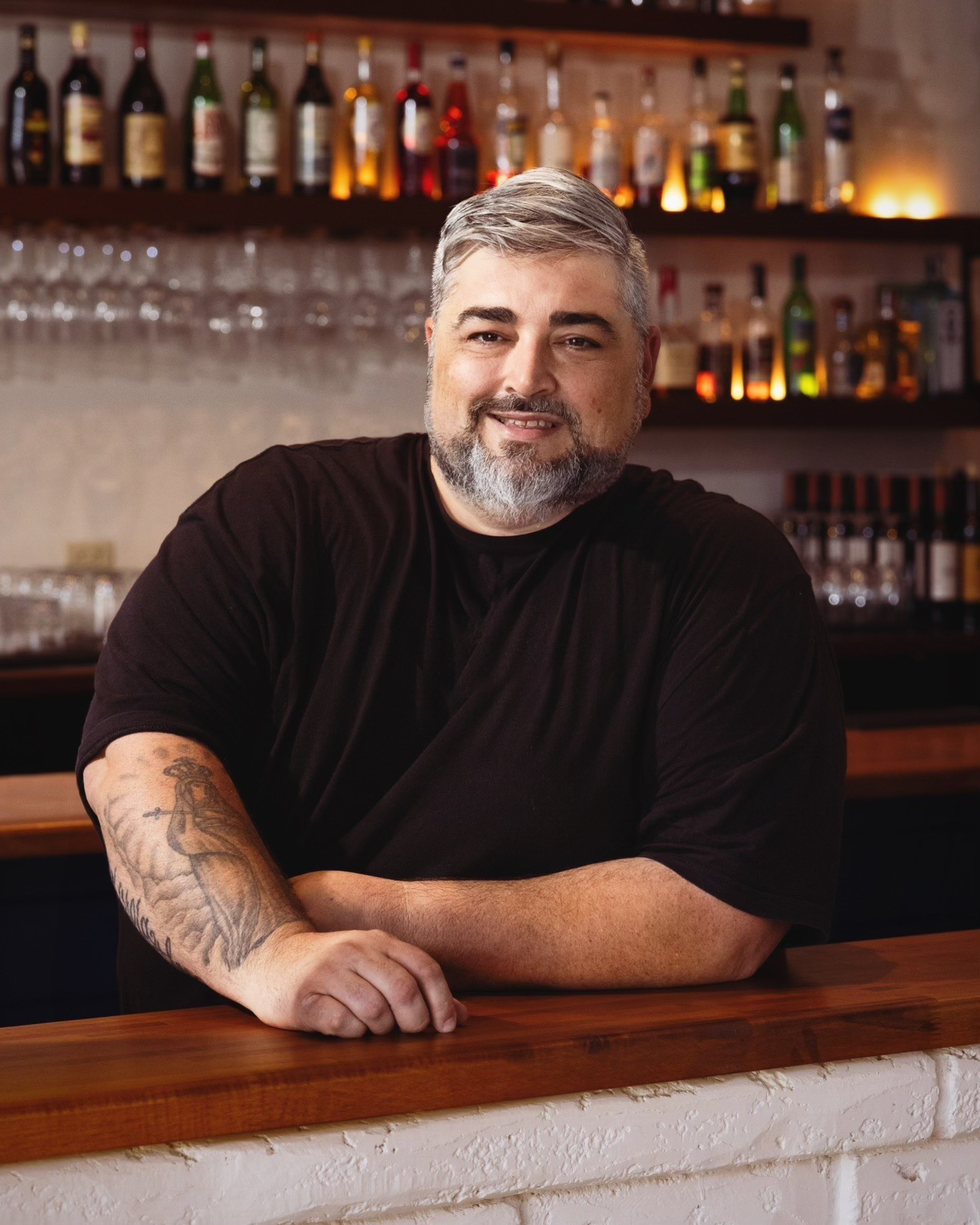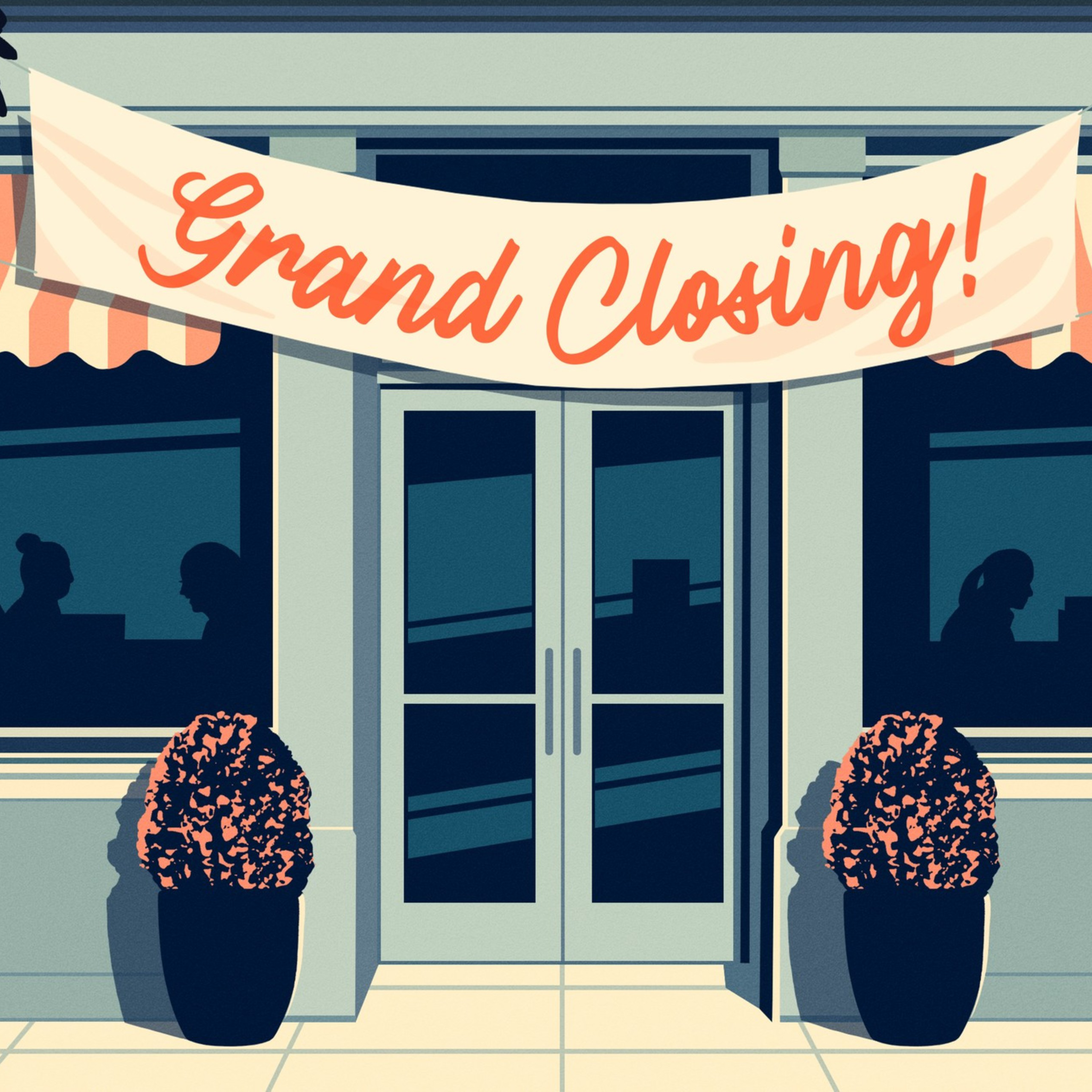At the beginning of March, Uma Casa chef Telmo Faria took to social media and his website (opens in new tab) to pen a long letter, stating that he was closing his Portuguese restaurant in Noe Valley at the end of the month. Uma Casa had been open on Church Street for eight years but was a dream of Faria’s for a lot longer. “Whether you realize it or not, you’ve been an integral part of making someone’s dream come true,” he wrote to his customers. “I’d love for the next three weeks to be one huge party. Let’s celebrate this little Portuguese restaurant that was built by a village.”
Immediately, tables, often empty over the last few years, were booked. The irony was not lost on Faria. “If we had been getting even two-thirds of this business, we wouldn’t be here,” he says. But, still, with the decision made, the anxiety of being in limbo has lifted. “It feels like when we opened — full of people having fun,” he says. “It’s just that instead of saying, ‘Congratulations!’ they’re like, ‘Oh, my God, we’re so sad.’”
Now, as he goes table to table to greet guests who inevitably give him the pouty face, he tries to keep the conversation from circling the drain: “I have a schpiel now. So I’m not talking about the humdrums of running a restaurant here, I say, ‘These things happen.’”

In the past year, for every notable restaurant that has opened, it seems, a handful have closed. The dearly departed include Reem’s California in the Ferry Building location, Mathilde French Bistro, Kowbird, Credo, Mourad, Daytrip, Turner’s Kitchen, Cassava, and Sam Wo. By the end of this month, Ragazza and Piqueos will join the list. Increasingly, owners who had been clinging to the post-pandamic cliff by their fingernails are succumbing.
The announcements, which often play out on Instagram, are varied in flavor. Starting last fall, there was a notable aftertaste of sour grapes, led by what I’ll now call the “Great Aphotic Peace-Out,” wherein Peter Hemsley, chef-owner of the Michelin-starred SoMa restaurant, advised others not to invest in San Francisco and called his massive location at Fourth and Folsom the “ugly butt end of a desolate convention center suck hole.”
A few months later, there was the more thoughtful emotional exorcism posted by Christ Aivaliotis when he closed his Oakland bar, The Kon-Tiki. He listed grievances that many owners have been keeping to themselves, from “bureaucratic ineptitude” to “stupid sign mandates.” He, too, got in some zingers: “You work your ass off just so Karen M on Yelp can tell you she wishes you’d close because a server forgot her mayo.”
Because times have been so tough for the industry as a whole, closing is now regarded as less of an individual failure. So why not go out with a bang?
Maybe it’s because we’ve hit daylight saving time and the sidewalks are sprinkled with plum blossoms, but the outlook on shuttering a restaurant seems to have turned from dark and bitter to sentimental and sweet. The recent spate of closures have not been announced with an accompanying rant but with fond memories and an invitation to come in and say your goodbyes properly. Fewer seem to be shuttering abruptly, which is often done because staff are likely to bail when they their employment is ending.
In fact, these owners are lingering before they hang it up, with their close-knit staff standing by their side. Sure, it’s nice to get a bump in business in the final days, but, from all accounts, these decisions have been less financial and more in the spirit of camaraderie. Because times have been so tough for the industry as a whole, closing is now regarded as less of an individual failure. So why not celebrate what you built?
Carrie and Rupert Blease, owners of Lord Stanley, will have been open for 10 years by the time they go dark May 31. They announced their decision on Instagram with a smiling photo of Rupert and chef Nathan Matkowsky holding Carrie in a team formation that gives cheerleading vibes. There is no sign of wistfulness, but in private, there have been tears. “I have so many mixed emotions,” Carrie says. “There have been happy tears, but tears nonetheless.”

Like most restaurants, Lord Stanley was the owners’ baby — well, one of them. Their daughter Hazel spent the pandemic years there while they worked. “We had a sandbox for her to play in,” Carrie recalls. “There is definitely green sand in our floorboards.”
The cozy fine-dining restaurant in Russian Hill debuted to raves, including in 2016 a Michelin star that it kept for five years. Then came the pandemic. After that, they tried everything: takeout models, food kits, a self-service window with an excellent filet-o-fish sandwich, and Turntable, a chefs-in-residency program. “I think we really learned what we were capable of,” Rupert says. The Bleases, whose lease is up, are proud of what they’ve achieved. They also have a yet-to-be-announced SF restaurant in the works.
On a recent Saturday, shortly after Lord Stanley announced its last day, the dining room was full by 8 p.m. — not the look of a restaurant hurting for business. Some first-timers had rushed over to try the French-inspired menu while they still could. Others, like Doug Biederbeck, longtime owner of Bix, just wanted to get in another visit before it was too late.
“We’re crushed,” said a regular, David Owens, who has dined at Lord Stanley at least 15 times. “The first time we came, we were in sweats.” He had peeked in the window as he was walking by one evening, with no intention of having dinner. “Carrie was standing there, and she said, “Come on in!” Owens wishes he and other regulars could do something to save it: “We’ve got to rally some people to keep it open!”
This is the funny thing about restaurants: They are often viewed like a marriage, which is to say, there’s an assumed till-death-do-us-part contract with the community that loves them. Anything shorter than that risks being deemed a flop — or a kind of betrayal. It’s something to rescue, something to mourn. Of course, the owners of closing restaurants might have something else up their sleeve, but often, they’re just worn out and worn down. It’s a relentless business, especially now, with more people ordering in, fewer tourists, and skyrocketing costs for ingredients and labor. Sometimes waving the white flag is a relief.
Ristorante Milano, a favorite Russian Hill spot that has been owned by Aldo Blasi for 35 years, is one of those beloved institutions, now in its last days; the staff is doing service until the end of the month. Last weekend, the diminutive space was crammed with families dining on ravioli and grilled fish with asparagus and tiramisu — simple food, the kind from restaurants of another era.
In February, when Blasi announced the closure on Instagram, he wrote, “What a beautiful city we have here and I am proud to have been a contributor to this food scene. I am so grateful to this city I love.” What’s next for him? With a smile, the 73-year-old keeps his exit interview to one word: “Nothing.”

